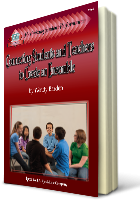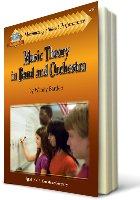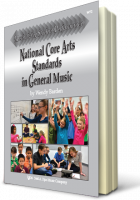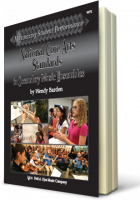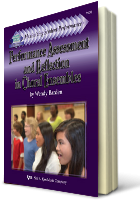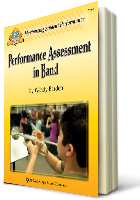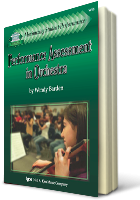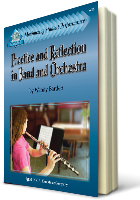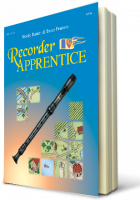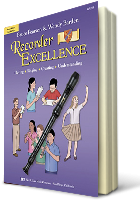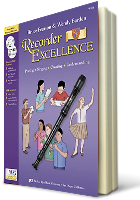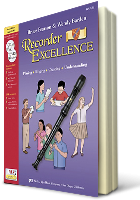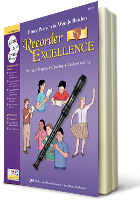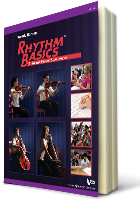The Everyday Advocate
We—you and I—are the face of music education in our schools and communities. In our roles as music educators, we wear many different hats, including the hat of music advocate.
In good times, it’s easy to set our advocacy hats on the shelf. In lean times, when we find components of our music programs on the list of [proposed] budget cuts, we become reactive. When cuts are deeper, it can feel like a crisis! Then we not only put on our advocacy hats, but we invest significant time and energy to engage others in our cause. Thankfully, there are many online advocacy resources to support the group’s efforts if that happens, including these:
- Children’s Music Workshop
- Iowa Alliance for Arts Education
- Minnesota Music Educators Association
- Music for All
- NAMM Foundation
- National Association for Music Education
- Texas Music Educators Association
Yes, and… I also believe each of us can do three things to lessen the potential for crisis advocacy, and maximize student learning—Every. Day.
1. Create a positive classroom environment
A positive classroom community is a place where students feel comfortable, both emotionally and physically. Students need teachers who care about them as musicians and as people. What have you done lately to connect with your students? And connect students to other students?
Is it apparent that you teach with passion and enjoy working with your students? A sense of humor and a friendly smile are always welcome, aren’t they:)
How are your classroom management skills? When I was visiting a middle school awhile back, it made me sad to overhear one choir student say to another, “I hate the teacher yelling at us all the time… .”
Do students think of you as being fair and consistent? How is your follow through? Can students trust you to do what you promise?
Positive or not, students talk! And so do parents and administrators. At times, administrators and school boards face tough decisions. A music program (or music educator) with a less-than-positive learning environment can be much easier to cut (or not replace) than ones where all students feel a part of their collective experience.
2. Implement relevant, comprehensive, standards-based learning
Musically literate people create, perform, and respond to music. They are able to communicate through music as both the sender and receiver. Yes, they are able to sing or play instruments, and they are also able to analyze and describe music, interpret music, evaluate and select music, and create their own music—independently. What do students take away from their experience in your classroom?
Do you have a Learning Target each day? Do students know what the Learning Target is? By the end of class, do they know if they achieved the Learning Target, or their next steps to reach it?
Are your choices of repertoire at an appropriate level of difficulty? Are students able to move beyond performing the correct rhythms and notes to be musically expressive? When do students have an opportunity to reflect on their learning?
Is your classroom student-centered? Do you as the teacher/director make all of the artistic decisions, or how are students involved? When you pause in rehearsal to give feedback, can you also take students’ ideas for what can be done to improve the performance?
One of the things that makes jazz ensembles and show choirs popular is that the music they perform is more like music students hear outside of school. Could you bring that kind of relevance to the regular music class with an annual themed or pops concert? What are other ways students might connect what they are learning in music class to experiences outside of school?
Do you act like you teach a “core” subject? Make standards, individual formative and summative assessment, and grades that communicate achievement (not participation) visible to students, parents, and administrators. It can be much easier to cut a music program that is more focused on the fun or enjoyment in music-making than on comprehensive, “core” learning.
3. Contribute to the school community
Open your classroom door! How might you, personally, be involved in the school community outside of the music room? It may not be realistic for you to coach the basketball team, but could you sell concessions occasionally at a game or volunteer to judge the science fair? Is there a dance that needs chaperones, or perhaps the school play needs an usher? Better yet, attend the play and bring your family!
Be engaged in staff meetings and school workshop days. Sometimes it can be easy to think, “This doesn’t have anything to do with music, why do I have to be here?” Instead, concentrate on how the topic could integrate with the music curriculum and what it would take to make the integration meaningful for students. Don’t hesitate to reach out to other music educators for ideas, or ask to attend a related workshop or conference to learn more. (P.S. This is what I try to do in many of the Segue one-day workshops—connect school-wide initiatives to the music classroom. Check out the Events page!)
Is service learning a part of your music program? What would happen if you made a distinction between concerts/programs that showcase students’ developing knowledge and skills, and performances that support a school or community event? For instance, next fall when your students are asked to perform at the Veteran’s Day program, do more than prepare the Armed Forces Medley and The Star-Spangled Banner. Take time to engage students in the story behind the music and the significance these songs may have to the veterans being honored.
It can be much easier to make cuts to a music program (or position) that keeps to itself and isn't known to, or a part of, the school community.
Hmmm… Maybe it’s not three things we can do to advocate for music education everyday, but one thing—Be connected. To students, to standards, to the school community. Take every opportunity to be an Everyday Advocate!
Thanks for pausing with me for a few minutes in your busy week. Have a good one!
____________________
Barden, Wendy. Connecting Students and Teachers to Create an Ensemble. San Diego: Kjos Music Press (2011).
State Education Agency Directors of Arts Education. National Core Arts Standards. Dover, DE: State Education Agency Directors of Arts Education, on behalf of the National Coalition for Core Arts Standards (2014).



